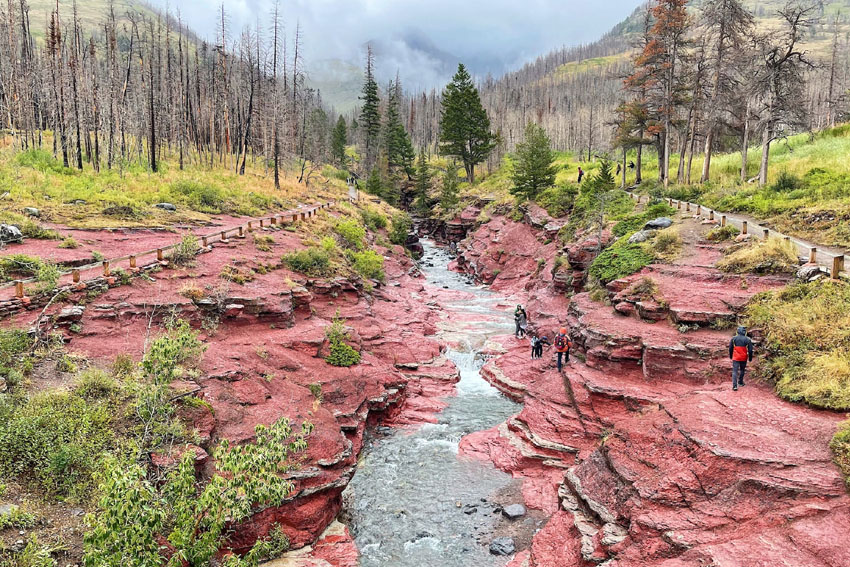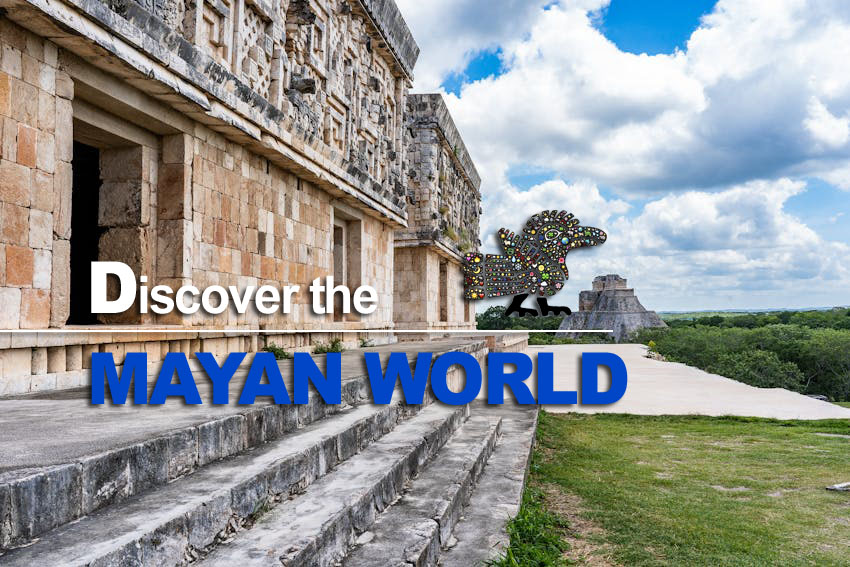Tourism in Latin America: Insights from Toine Rodenburg

Over the years, Latin America has seen significant growth in its tourism industry, spurred by its stunning rainforests, picturesque beaches, and culturally rich cities with a deep heritage. Nonetheless, this development has also brought forth challenges, especially regarding sustainability. As different destinations become more sought-after, the main issue is how to balance economic growth with environmental preservation.
Toine Rodenburg, a seasoned international investor, entrepreneur, and expert in e-commerce, advocates for sustainable tourism as a practical solution. His knowledge of e-commerce, combined with his experiences in the tourism industry throughout Canada, Latin America, and the Caribbean, has influenced his belief that tourism can be both economically and environmentally beneficial through more considerate and responsible methods.
The Surge in Tourism Interest
Recently, Latin America has become a popular travel destination. More and more travelers are flocking to Costa Rica, Mexico, and Colombia for eco-tourism, cultural experiences, and adventure activities. However, this rapid growth has strained local resources, such as infrastructure, waste management, and environmental conservation. Renowned locations like Costa Rica’s rainforests, Mexico’s beaches, and Peru’s historical landmarks confront the challenge of aligning economic development with environmental issues. Without proper management, mass tourism could undermine the very attractions that draw visitors.
“As tourism grows, so does the responsibility to protect what makes these destinations attractive,” remarks Rodenburg. “If we ignore sustainability, we put at risk the ecosystems and cultures that tourists are eager to explore.”
Mass tourism presents a significant challenge for destinations across Latin America. Popular sites like Machu Picchu and various Caribbean islands are experiencing the pressure of rising visitor numbers. High volumes of tourism strain local resources, harm the environment and endanger local cultures. Well-known parks and historical sites frequently lack sufficient infrastructure to accommodate large crowds, resulting in overcrowding and depletion of resources. This scenario prompts concerns regarding the sustainability of some of the area’s most valued landmarks.
Rodenburg supports responsible tourism development and encourages community engagement in the tourism sector. He contends that tourism should not only generate revenue but also provide benefits to local populations. In Costa Rica, eco-lodges and conservation projects exemplify sustainable development by concentrating on green construction, renewable energy, and waste management while also generating economic opportunities. In the Caribbean, similar initiatives benefit local artisans and promote sustainable agriculture, offering travelers genuine cultural experiences.
Utilizing Technology for Sustainability
Rodenburg, who co-founded MyMalls, a shipping company for e-commerce serving Canada, Latin America, and the Caribbean, views technology as a vital instrument for promoting sustainable tourism. Digital platforms can assist businesses and travelers in making informed choices regarding the environmental effects of their actions. For instance, smart tourism applications allow visitors to factor in sustainability considerations such as carbon footprint and eco-friendly lodging, empowering responsible travel decisions.
“Technology is an essential tool,” says Rodenburg. “By utilizing data analytics, we can enhance the management of tourist flows, lower greenhouse gas emissions, and guarantee that tourism practices are as sustainable as possible.”
One of Rodenburg’s main goals is to ensure that local communities benefit from tourism. Employment is not sufficient; authentic empowerment occurs when locals can maintain their traditions and form significant connections with visitors.
“When communities are engaged in tourism, it enhances the relationship between travelers and the destinations they explore,” he explains. Programs like community-based tourism—where tourists can experience traditional farming or crafts—have proven effective in promoting both economic development and cultural understanding. The prospects for tourism in Latin America revolve around developing sustainable and genuine experiences that support both the environment and local populations. By prioritizing collaboration, technological innovation, and responsible growth, all stakeholders can guarantee that tourism remains a beneficial catalyst for transformation. With a focus on safeguarding natural and cultural resources, the tourism industry in the region can prosper, bringing advantages to both visitors and the communities that host them.



